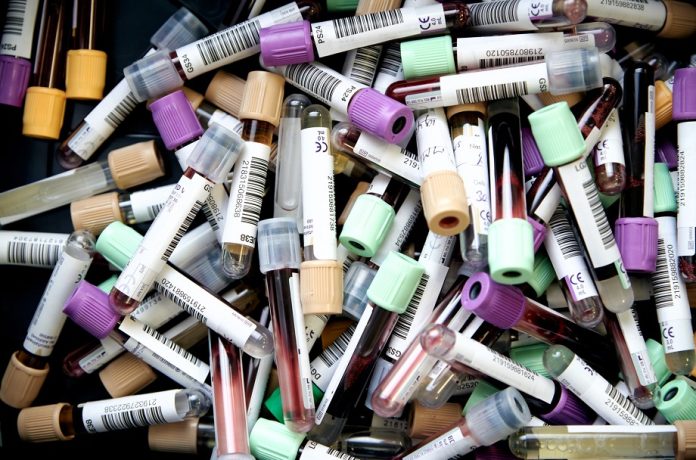Blood oxygen level or oxygen saturation is the amount of oxygen that is circulating in the blood. The way that this is worked out is by comparing the quantity of hemoglobin that is linked with oxygen to those without. Hemoglobins are proteins that are present in your red blood cells. It is these cells that are the ones used for transporting oxygen from the lungs to the rest of the body.
When people talk about blood oxygen level, ideally it should be close to 100% but generally should be above 95%. This shows that there is a good amount of oxygen circulating around the body. Though this is for the average person. If you have chronic respiratory problems like asthma, it can lower the blood oxygen levels closer to 88-90%. When your levels from below 85% this is a serious sign of a health problem like heart failure or anemia. If you feel like this is happening to you, you should seek medical attention as soon as possible.
Increasing your blood oxygen levels
An oxygen concentrator
These devices are medical tool that gives you extra oxygen if you need it. These can be prescribed by a doctor when they think that you have a risk of dropping your blood oxygen levels below the regular levels. They are particularly useful for those suffering from asthma, lung cancer, the flu, or even Covid. You need to get your doctor’s permission before using one as using one incorrectly can be dangerous.
The best portable oxygen concentrators pull the air in around you which gives you a purer dose of oxygen. A thin tube usually goes from the oxygen concentrator to your face through your nostrils. You can use a facemask to get a higher flow of oxygen if you need it. Only use these useful pieces of equipment if they are prescribed by your doctor.
Immediate responses
In a regular and average person when your saturation is low, it may indicate that you have a lot of phlegm in the airways. This will reduce the amount of oxygen that gets into your blood. Hence why your blood saturation is lower when you have a cold or the flu. There are lots of things you can do to increase your blood oxygen immediately, many of which seem natural responses.
For example, you can try coughing to ease the oxygenation of the blood or by sitting upright rather than slouching or lying down. This can ease the pressure on your lungs. You could also take a deep slow breath to increase the amount of air that comes into your lungs. Alternatively, you could leave where you are and head to somewhere with better ventilation. Also, avoid being in extreme temperatures that make it harder to breathe. Hot and cold places make it more difficult to breathe.
Increasing oxygen levels in the long term
If you are experiencing low or fluctuating oxygen levels for a long period of time, then you should think about making some more changes. Sometimes this can indicate more serious issues like emphysema. You can combat this by performing regularly exercising your chest well and expanding your ability to inhale more effectively.
Exercises like postural drainage where you lay on your back with your head lower than your body. Do this for 30 seconds to mobilize obstructions in the chest. You could also do diaphragmatic breathing. This is where you place a hand on your stomach and one on your chest. Breathe through your nose and focus on lifting the hand on your stomach whilst keeping your other hand still. This will strengthen your inner walls and help to distribute air across your chest.
Why is it important?
The level of oxygen in your blood is a vital sign when you go for any kind of medical assessment. Along with your heart rate, blood pressure, respiratory levels, and body temperature, your oxygen saturation needs to be at its maximum, otherwise, you may be struggling with serious health issues.
Oxygen levels are directly linked to illnesses in your body and with a low or lower level then you may face issues like asthma, emphysema, or cystic fibrosis. However, you may also face issues with your heart or even become diagnosed with anemia. This is especially important after the world has just dealt with the Covid-19 crisis which was an infection that affects the respiratory system. You should always seek to have your oxygen levels above 90-95%.


